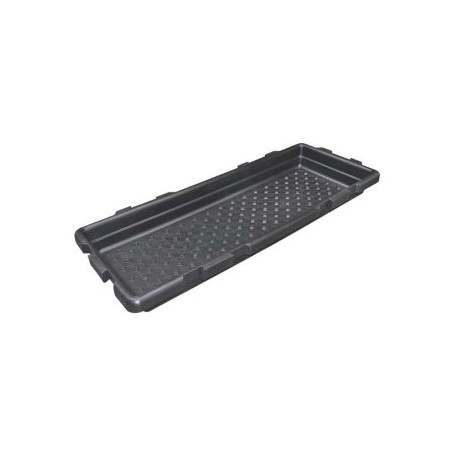Ahead of Japanese Prime Minister Shinzo Abe’s state visit here, the National Cattlemen’s Beef Association and the National Pork Producers Council urged President Trump to begin negotiations on a free trade agreement with Japan.
For U.S. beef and pork exports, Japan is the highest value international market. In fiscal 2016, Japanese consumers purchased $1.4 billion of U.S. beef products and $1.5 billion of U.S. pork products. Demand in the Asian nation for U.S. beef and pork is very strong despite Japanese tariffs and other import measures that limit market access for both products.

Under terms of the Trans-Pacific Partnership (TPP) agreement, Japan’s 38.5 percent tariff on fresh and frozen beef would have been cut to 9 percent over the agreement’s phase-in period and would have given the U.S. beef industry parity with Australia in the Japanese market. Japan’s tariffs on pork, which are determined through a so-called gate price system, would have been substantially reduced as part of the TPP agreement.
An analysis by the U.S. International Trade Commission found that beef exports to TPP countries, which included the United States, Japan and 10 other Asia-Pacific nations, would grow by $876 million a year by the end of the phase-in period and that most of the growth would be in trade to Japan. Likewise, it found that pork exports to TPP countries would grow by $387 million, with most of the exports going to Japan. Nearly 9,000 U.S. jobs would be generated by increased exports of livestock products, according to the U.S. Department of Agriculture’s export multiplier.
Tuesday February 7, 2017/ NPPC/ United States.
http://nppc.org






